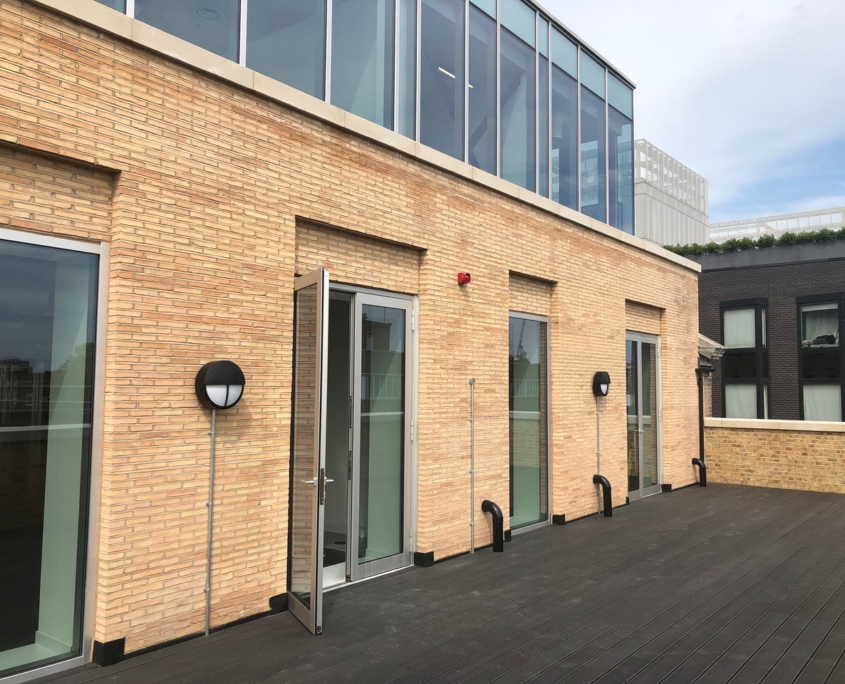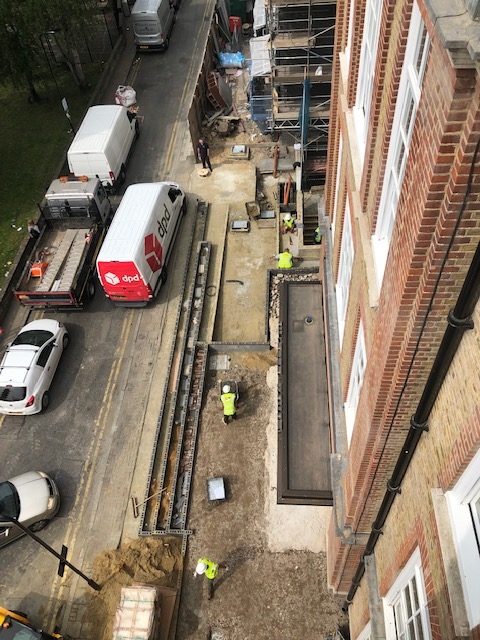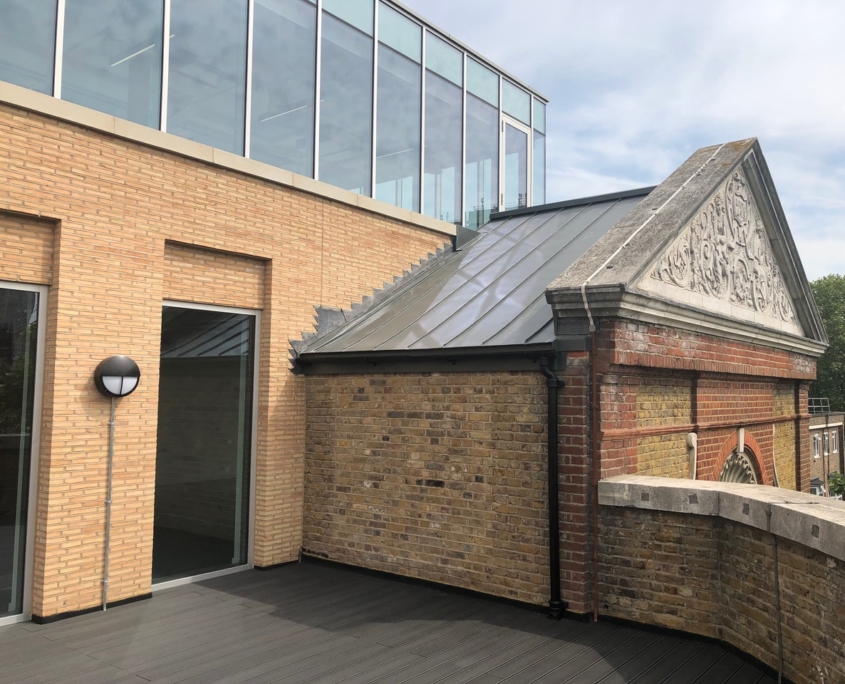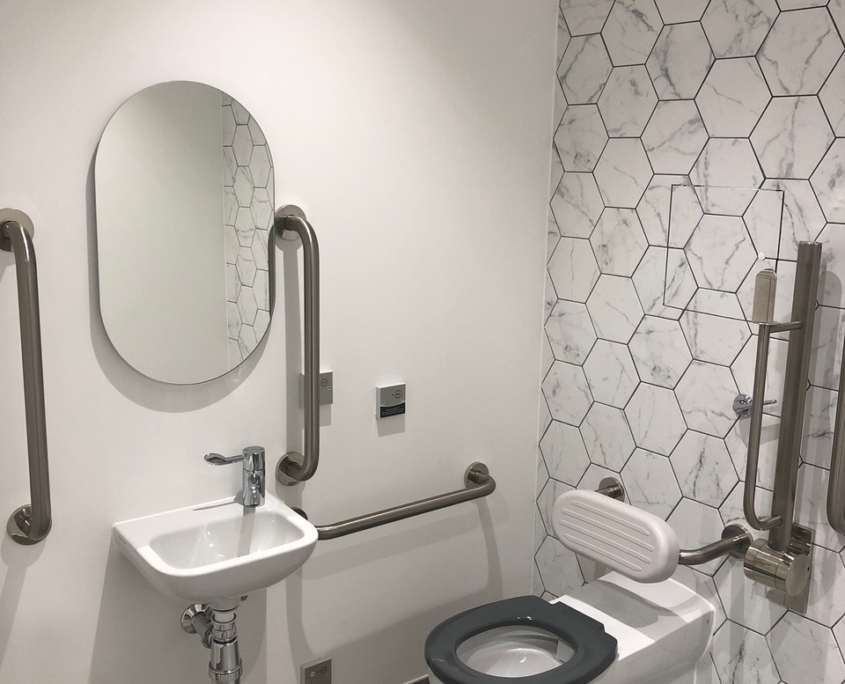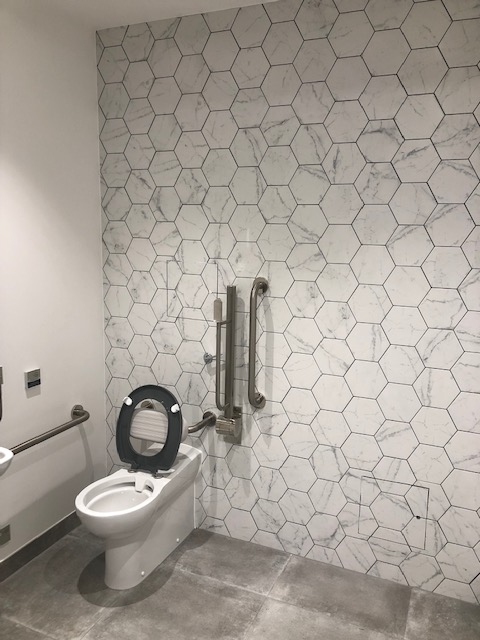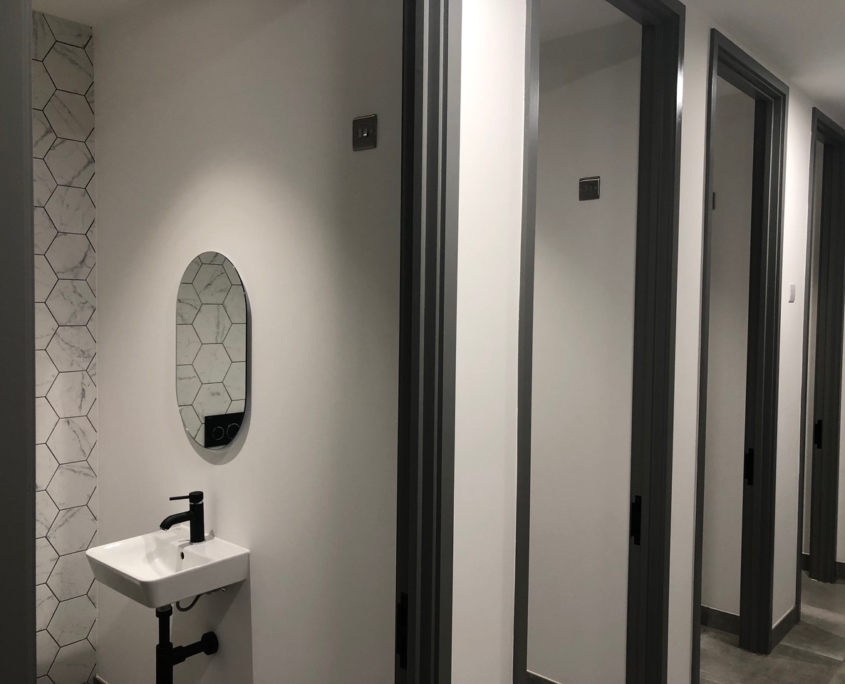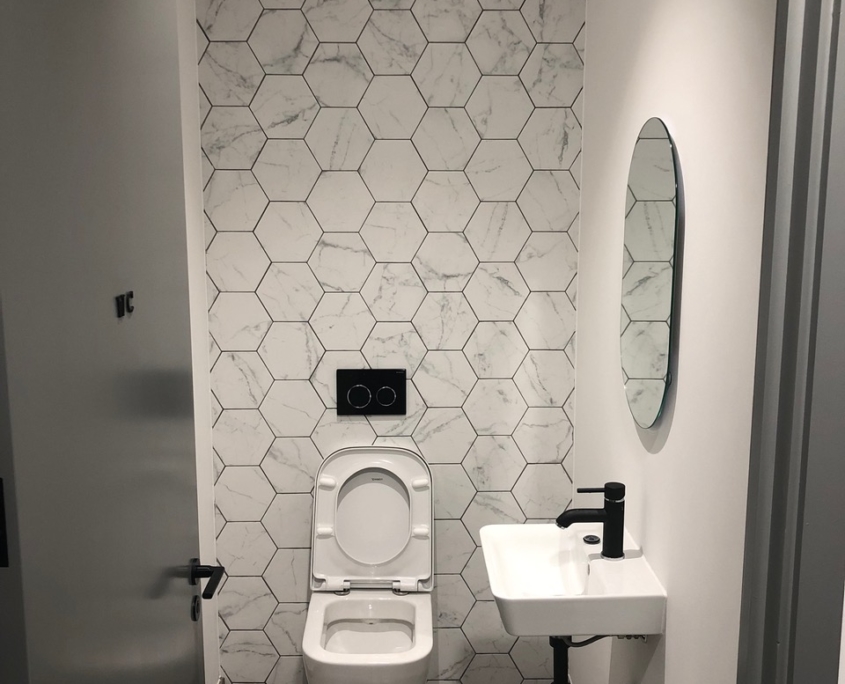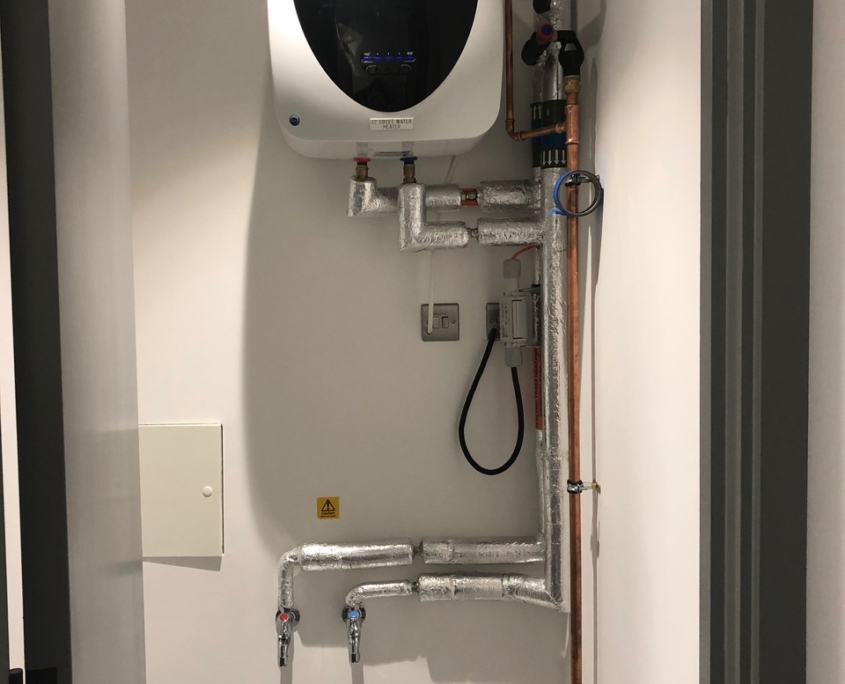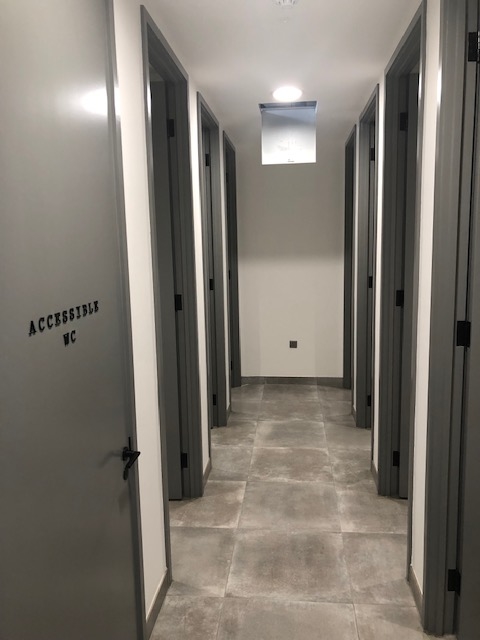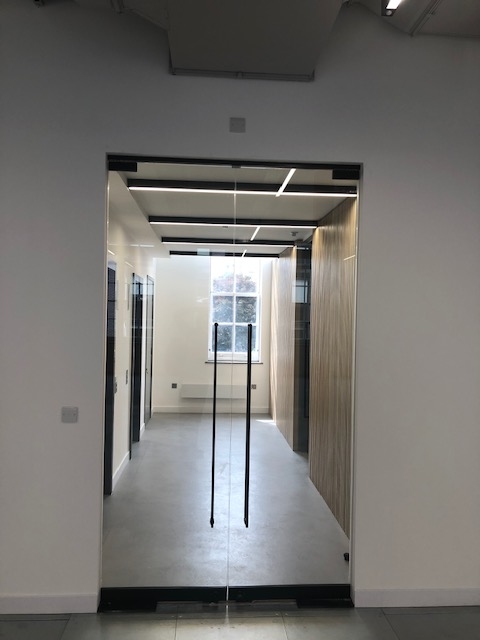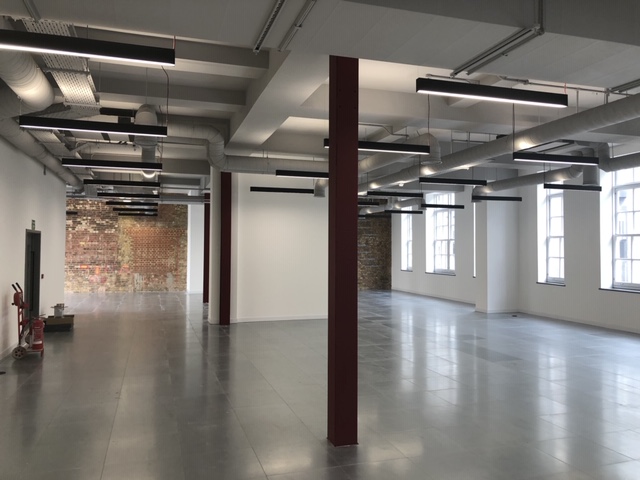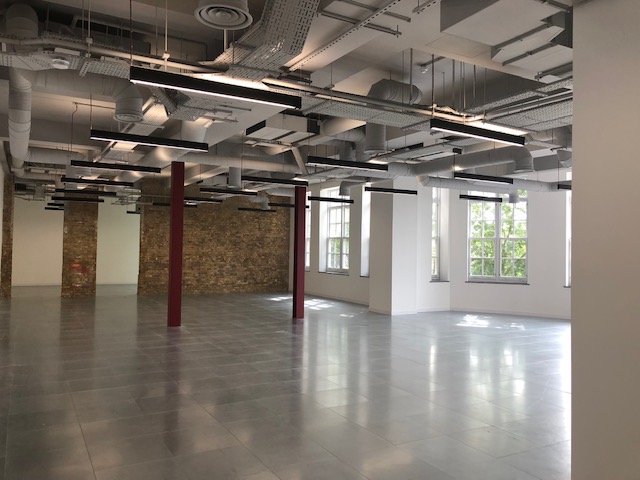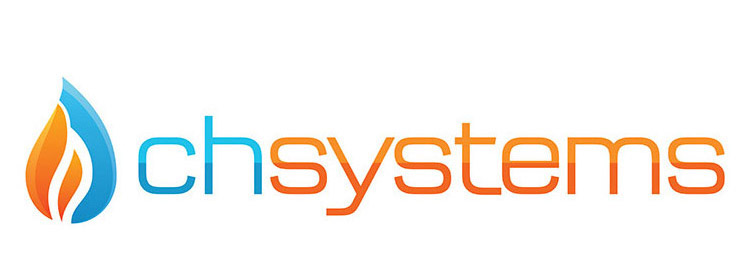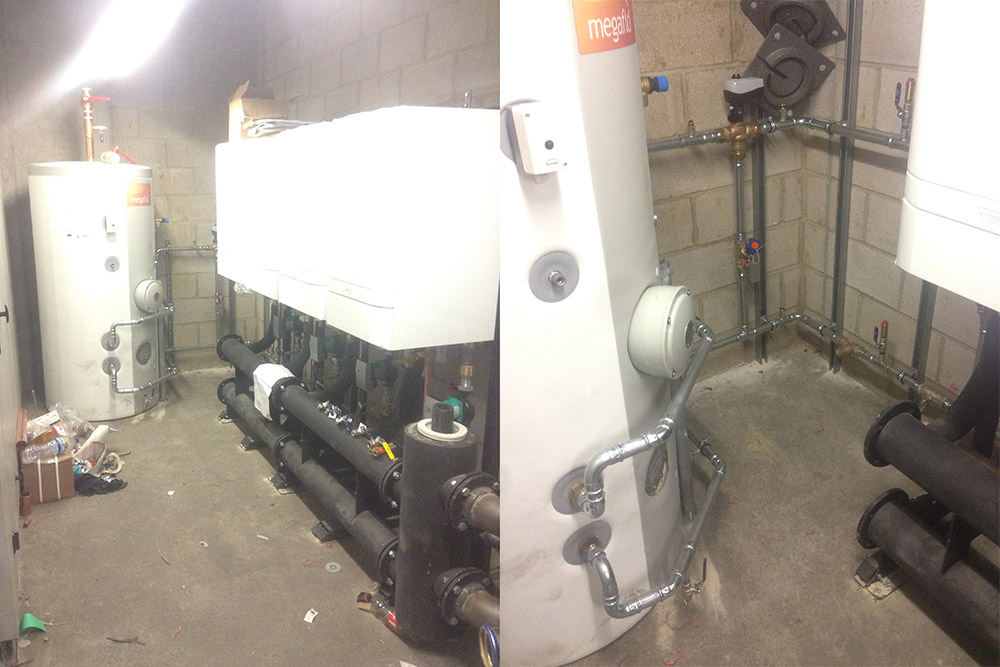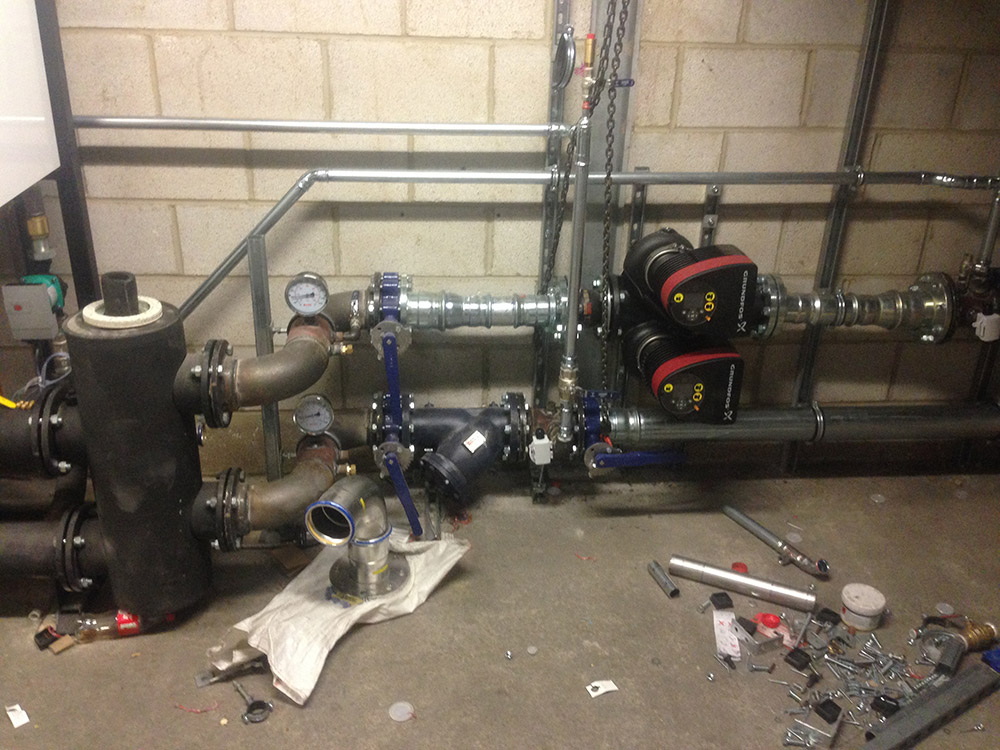The price of energy increased notably over 2013’s winter months – whilst energy providers profited, many business and home owners buckled under the burden of hefty payments. In reaction, the government has put plans in action for the late-Spring launch of a Renewable Heating Incentive (RHI) aimed at cutting energy bills as well as CO2 emissions (the heat used in homes, public buildings, businesses and factories account for half of all the UK’s carbon emissions).
The scheme (covering England, Scotland and Wales) is an effort to diversify the UK’s energy supply in the face of the threats and challenges emanating from climate change; it will provide long term support for renewable heat technologies, from ground-source heat pumps to wood-chip boilers. And the RHI has business owners (both big and small) in mind. Not only is the scheme environmentally friendly (using solid biomass in place of fossil fuel can reduce harmful CO2 emissions by as much as 90 per cent) but it is also financially attractive, flexible and on a practical level, relatively easy to build into a building’s existing energy arrangement.
So, the question: if you buy into the RHI, what does it mean for your business? – How will it save your business money? And what practical steps need to be taken to implement the scheme?
Mike Hefford, Head of Renewable Technologies at Remeha Commercial, says that biomass heating offers significant fuel cost savings of between 50 to 80 per cent when used as an alternative to heating oil, LPG or electric systems. Hefford explains as follows:
Commercial end users can benefit from up to 8.8p/kWh of heat generated, depending on the size of the biomass system. The rate for large biomass plants of greater than 1MW has also recently doubled to 2p/kWh (although payments of other sizes remain unchanged). Tariffs for domestic biomass have also been confirmed at 12.2p/kWh from spring 2014. Payments, administered by Ofgem and made quarterly over a 20-year period, equate to around 15 to 20 per cent return on investment. The Government has recently introduced a degression mechanism that will trigger an automatic fall in tariff levels for biomass installation smaller than 1MWh once 120% of expected deployment is reached. This does not apply to biomass installations of 1MWh but, under the RHI, this capacity and above will be required to report quarterly on the sustainability of their biomass feedstock.
In translation: the RHI implies lower operational costs and savings for faster payback. Hefford argues that of all the possible renewable heating solutions for commercial and industrial applications, biomass is likely to bring the most important benefits and savings. Something that must, however, be noted that switching to a renewable heating system will cost you money. According to Hefford, while biomass heating is a mature, proven technology, as with all technologies it pays to employ the experts to design the appropriate low carbon system for your particular needs. In light of which, perhaps you’re a business or organisation that is interested in taking part in the scheme but are unable to raise the initial capital cost?
Firstly, the point of the RHI is to support the industrial and commercial sectors as it is these sectors provide the most cost effective way of increasing renewable heat. It is therefore crucial that renewable heat becomes a viable option for businesses. The Government expects that the RHI will stimulate the market to provide a number of different financing options, which could cover both the capital costs (e.g. cost of installing the equipment) and ongoing operational costs (e.g. fuel costs) for the lifetime of the installation. Possible finance models include:
- Energy suppliers – providing renewable heating as an option alongside their current package of services.
- Banks and other lenders – lenders to finance upfront capital costs for an assigned proportion of the RHI through a contractual arrangement.
- Energy service companies – a combination of local authority, community and energy company expertise in a body that provides a finance package to deliver renewable heat technologies using RHI payments.
- Public sector financing – local authorities are potentially able to take advantage of economies of scale.
Applications to be part of the Non-Domestic Renewable Heat Incentive, and for financial support, should be made online (to Ofgem) and can take up to six weeks to approve, depending on the complexity of the proposed heating installation. – CLICK HERE for more information, and to apply for the RHI.
If you’d like further information on the Renewable heating Initiative, feel free to contact the CH Systems team on 0208 302 8149 or info@chsystems.cc.
Sources: Gov.uk – “Renewable Heat Incentive”; Remeha.co.uk – “Turning up the heat for biomass”
